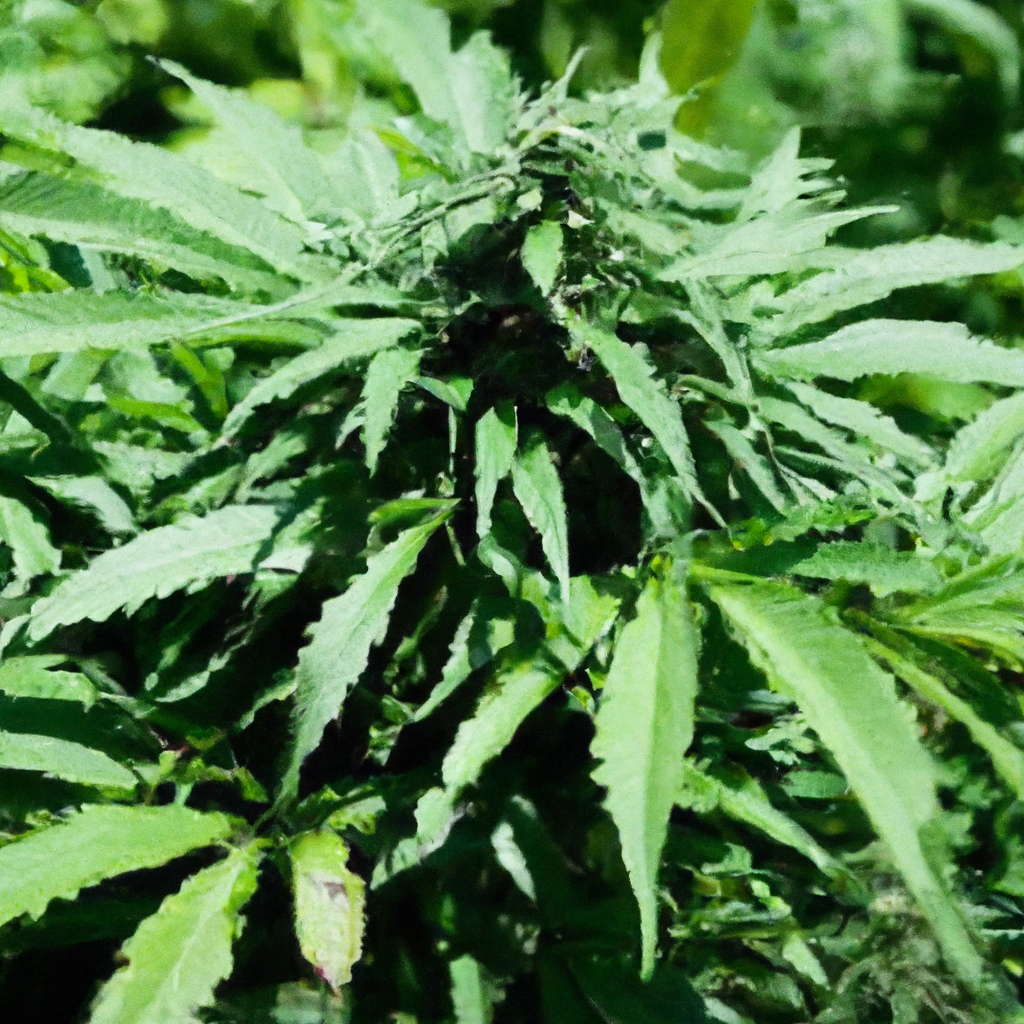Your cart is currently empty!
Discover the benefits of organic cultivation, where nature meets sustainability to produce premium-quality cannabis.
The Power of Natural Fertilizers
Organic farming relies heavily on natural fertilizers that enrich the soil without depleting its nutrients. Here are some key organic fertilizers and their benefits:
- Compost: Rich in nutrients and beneficial microbes that promote healthy plant growth.
- Bone Meal: High in phosphorus for robust root development and flowering.
- Fish Emulsion: Provides a quick nitrogen boost with a gentle, natural formula.
- Worm Castings: Packed with beneficial bacteria that improve soil structure and fertility.
Building a Healthy Soil Ecosystem
Healthy soil is the cornerstone of organic cannabis cultivation, supporting vigorous growth and minimizing disease. Consider these practices:
- Crop Rotation: Reduces pest build-up and balances soil nutrients.
- Cover Crops: Protect and enrich soil, preventing erosion and suppressing weeds.
- Mulching: Retains soil moisture and regulates temperature while suppressing weeds.
Natural Pest Control Methods
Avoiding synthetic pesticides is crucial in organic growing. Instead, embrace natural pest control methods such as:
- Neem Oil: A natural pesticide that disrupts pest life cycles without harming beneficial insects.
- Diatomaceous Earth: A non-toxic powder that dehydrates and eliminates soft-bodied insects.
- Companion Planting: Using plants that repel pests while promoting biodiversity.
Environmental and Consumer Benefits
Organic cannabis cultivation has noteworthy advantages for both the environment and consumers. Not only does it reduce chemical runoff and enhance biodiversity, but it also ensures the cannabis produced is free from harmful residues, thus safeguarding consumers’ health.
Moreover, organic cannabis often boasts richer aromas and flavors, enhancing the sensory experience for consumers. This pursuit of purity and sustainability not only cultivates better crops but also fosters environmentally-conscious practices that benefit our planet.


Leave a Reply